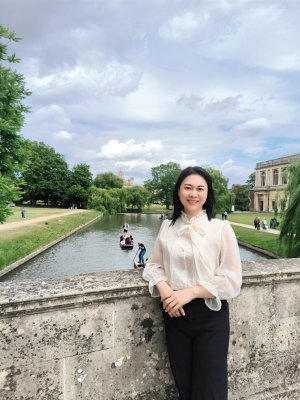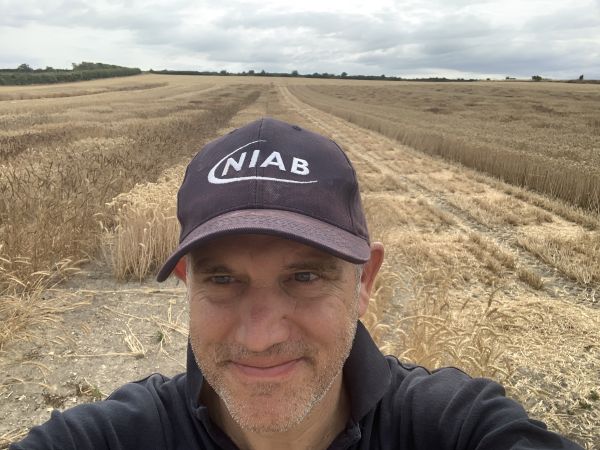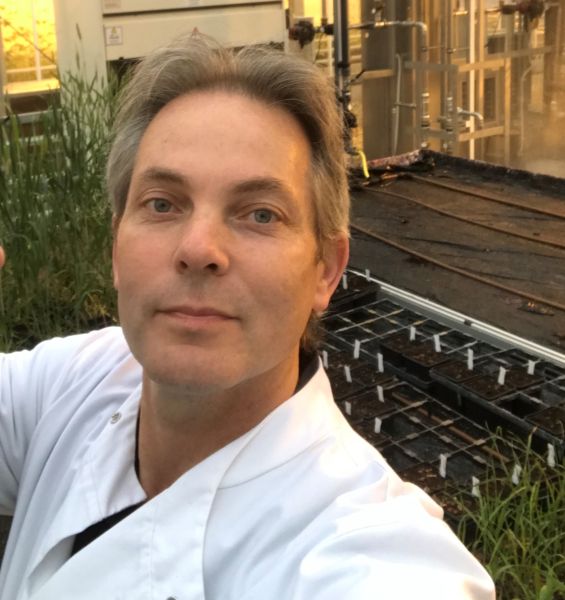Crop pathogen immunity
Pathogens and pests threaten global food security by limiting crop production. To defend against invading organisms, plants possess sophisticated multi-layered immune systems.
Adapted pathogens and pests, however, have evolved intricate mechanisms to bypass the plant immune system to cause disease. Our group’s objective is to comprehensively understand the function and evolution of plant immune receptors, particularly nucleotide-binding and leucine-rich repeat receptors (NLRs), and the strategies employed by pathogens and pests to subvert plant defences.
We focus on plant parasitic nematodes (Globodera sp. And Meloidogyne sp.) as they are an economically important group of organisms that are understudied. By gaining this knowledge, we aim to develop innovative strategies for disease resistance, ultimately enhancing crop protection and ensuring food security.
Research areas
How do sensor and helper NLRs function together?
NLRs represent one of the most fast-evolving gene families in plants. They recognize highly variable pathogen-specific effectors to mediate a robust immune response. NLRs can function individually or in higher-order configurations, such as pairs or networks. In solanaceous plants, the NLR – required for cell death (NRC) network mediates resistance against diverse pathogens by connecting sensor NLRs, that encode classical disease resistance genes, and cell surface receptors, to helper NLRs of the NRC clade.
The determinants of sensor – helper specificity in NLR networks are unknown. We will carry out comparative genetic and biochemical studies of orthologous sensor and orthologous helper NLRs that carry distinct specificity spectrums. We will use this knowledge to decipher the molecular mechanisms that underpin sensor – helper interactions and determine how these NLRs function together to confer disease resistance.
How do NLR networks contribute to immunity in roots?
Roots are vital plant organs that encounter a high density of microorganisms and serve as crucial entry points for soilborne pathogens. Despite their significance, our understanding of the root immune system and its mechanism of initiating defense responses remains limited. We aim to explore the contribution of NLR networks in providing immunity against root infecting pathogens (e.g. nematodes).
We will focus on helper NLRs, as they are essential for immune function and are often highly expressed in root tissue, however, their involvement in mediating immunity against root-infecting pathogens remains largely uninvestigated.
How do pathogens interfere with NLR mediated immunity?
Pathogens secrete an array of effectors to perturb plant immune responses and promote virulence. Effectors, therefore, serve as critical markers of vulnerability within the plant immune system and can be utilized as “probes” to investigate and characterize essential components and cellular functions involved in plant-pathogen interactions.
We aim to unravel the molecular mechanisms that underlie the functions of effector suppressors, thereby gaining insights into the principles and evolutionary dynamics that govern plant immunity. This knowledge can then be leveraged to guide new approaches for disease resistance breeding to maximise crop protection, for example, by engineering NLRs that evade pathogen suppression.
About the group leader
Lida received her PhD in plant breeding and plant pathology at the University of Sydney, Australia, where she identified and characterized rust resistance genes in cultivated barley. After completing her PhD, she joined the University of California, Davis, USA, as a postdoctoral researcher working in comparative genomics of downy mildews.
Following this, Lida was awarded a Marie Skłodowska-Curie independent fellowship to undertake research at The Sainsbury Laboratory (TSL) in Norwich, UK. Lida is currently head of the Crop Pathogen Immunity group at the Crop Science Centre. Her research focuses on understanding the molecular mechanisms pathogens use to perturb resistance mediated by plant intracellular immune receptor networks.





















